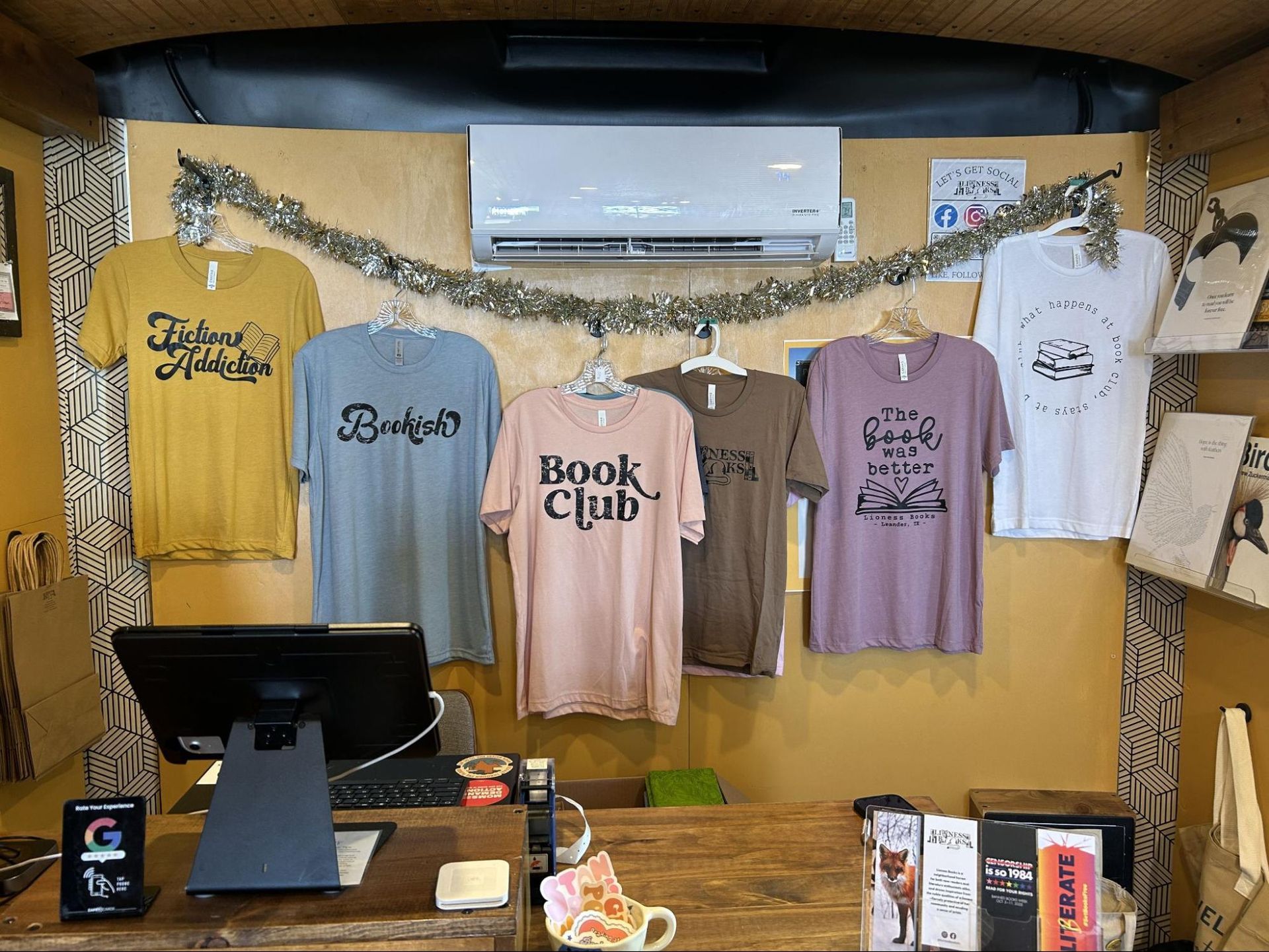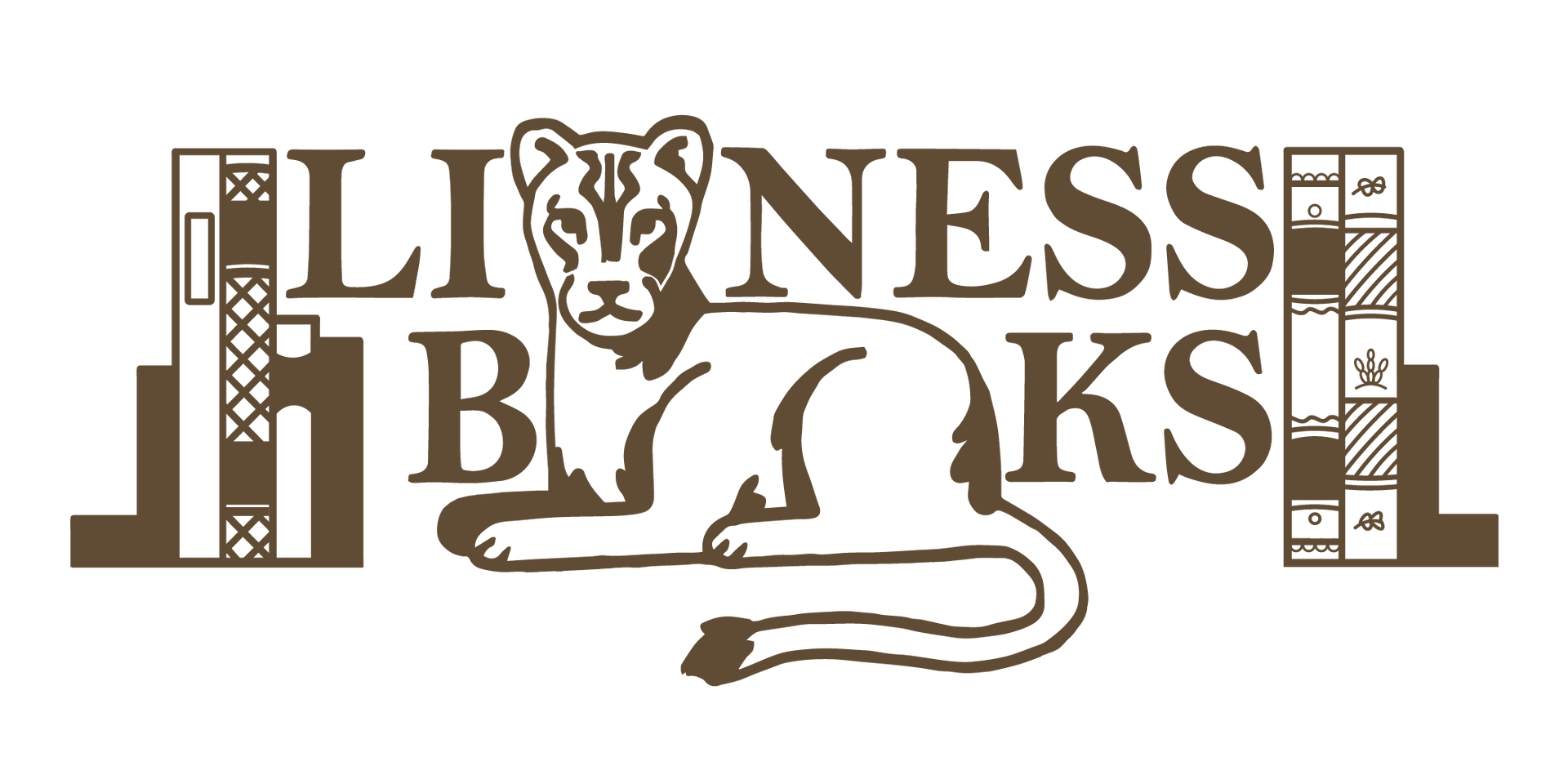Local author Janice Airhart talks with us about her two memoirs,
Mother of My Invention: A Motherless Daughter Memoir and (newly-released)
Subject to Change: Teaching and Learning from Teen Moms. Airhart also shares her favorite moments from her writing process and a message she hopes readers take away from her work. Check out her website
here.
AS: Can you start by introducing yourself and telling us about your background?
JA: “I’m Janice Airhart, a woman with a curious mind who loves science, writing, volunteering, teaching, and learning. My love of science led me to a 25-year career in medical technology and research. My desire to write led me to a graduate program in journalism and a gig as a newsletter editor for a local university’s school of science and engineering. My desire to make a difference in the world has led to a wide variety of volunteer activities. My love of learning led me to the classroom in 2007, at the age of 55, when I became alternatively certified to teach high school science to pregnant and parenting teen girls. I think I learned more in those years than in any others. I also enjoyed a 13-year stint as an adjunct professor of Freshman Composition. Since leaving the classroom, I’ve written two memoirs and a couple of educational books about teaching teen moms and about families dealing with mental illness in a loved one. I still exercise my teaching muscle by reading with struggling readers at a Round Rock elementary school, and I write weekly for my Substack, which is aptly named “Subject to Change.” I hope to never stop learning and growing.”
AS: Do you have any favorite moments from your memoir Mother of My Invention: A Motherless Daughter Memoir—or writing it—that you can share with us?
JA: “My mother was diagnosed with schizophrenia shortly after my birth and was committed to a psychiatric institution in 1953 when I was 10 months old. She died in an institution 13 years later. I never knew her, a fact that haunted me for decades. By the time I began to write my story, the only person alive who had known my mother before she became ill was her younger sister, Connie. I hadn’t seen Aunt Connie or any of my New Jersey cousins since 1965, a year before my mother’s death. My husband and I flew to New Jersey in 2005. Unfortunately, there was little my aunt could add to what I already knew, because my mother left home while Aunt Connie was young. However, after a long weekend reconnecting with cousins and meeting their families, sharing a boiled crab feast on folding tables in the backyard, and laughing over oft-repeated stories, I felt somehow I’d gained a family. At the end of our visit, Aunt Connie embraced me and said, with tears in her eyes, “You’ve given me back my sister!” To which I responded, “You’ve given me back my mother!”
AS: How would you describe your writing style and central themes of your work?
JA: “A principle of memoir writing I take seriously is the value of honesty. It can be hard to relive unpleasant experiences, but I think being honest with readers about events and their impact on me is essential in memoir. A former editor used to advise me to “lean in” to difficult scenes. I followed her wise advice, and I found it was the best way to render the truth and lessen the sting the incident caused. I hope readers would describe my writing style as honest and relatable.
Growing up without a mother because she was mentally ill and absent shaped my life in both obvious and subtle ways. I’ve always had a soft spot for young people who need caring and supportive adults in their lives—I was fortunate to have had many such people in my childhood. Themes I like to explore in my writing are related to my gratitude for those people who showed up for me.
Whether it’s teaching teen moms or reading with elementary students, I feel it’s vitally important that young people know they are loved. I am also interested in how families cope with having a loved one with a serious mental illness. I’ve lived that experience, and I feel honored that others experiencing that trauma have shared their stories with me.”
AS: Tell us more about your upcoming memoir Subject to Change: Teaching and Learning from Teen Moms. If you could choose one message or sentiment for readers to take away, what would it be?
JA: “Subject to Change: Teaching and Learning from Teen Moms describes my later-life third career, teaching science to pregnant and parenting teen girls. I thought I had wisdom and knowledge to share with my students, but my students taught me as much about life as I taught them about science. I’m incredibly grateful for those lessons. One message I’d like readers to take away from this book, whether they’re 16 and just discovered they’re pregnant, or 55 and looking for a new way to use their skills to make a difference in the world, is to be open to change. This is the only way to continue learning and growing in life. I guarantee your life will be all the richer as a result.”
AS: How can readers support local authors like you?
JA:
- Show up at book events and ask the author about what led them to write the book. Ask questions and engage the author in conversation.
- Send an email to the author, letting them know you enjoyed their work.
- Follow the author on social media. Respond with comments or likes.
- When you’ve enjoyed a local author’s book, recommend it to friends.
- Host a book club, centered on a local author’s book. Invite the author to join the group for a discussion about it.
- After reading a book by a local author, leave a review (hopefully positive) on Facebook or Goodreads.












